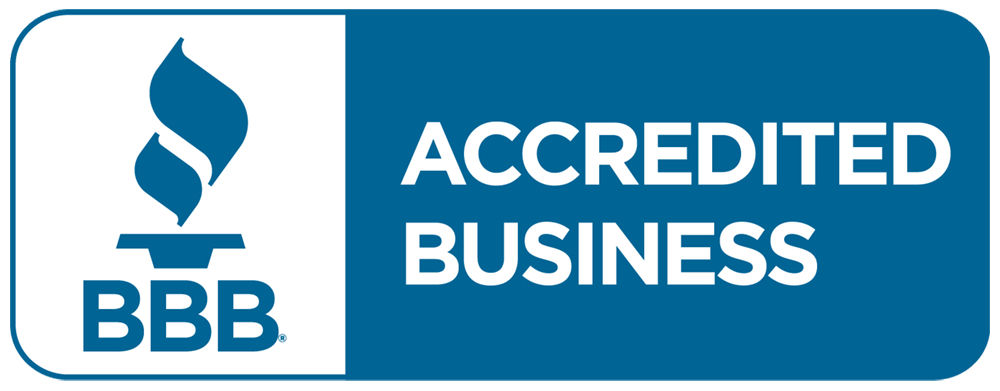The decision to file for bankruptcy is not an easy one. If you’re having difficulty deciding, that’s a good sign. It means that you recognize the seriousness of the situation and are taking time to fully weigh your options and the consequences of any option you choose.
That being said, you shouldn’t talk yourself out of bankruptcy if it is the right decision for your financial situation. To make the most informed decision, it is best to discuss your case with an experienced bankruptcy attorney. The conversation will likely start with an assessment of how much debt you have, what kind of debt it is and whether you could reasonably repay it.
How does your debt compare to the national average?
Bloomberg recently published a guide to bankruptcy in America filled with interesting statistics. According to the article, the average American under 65 who files for bankruptcy has accrued nearly $92,000 in debt. If this amount of debt were in the form of a 20-year mortgage with reasonable monthly payments, it might not seem like an overwhelming amount. But if much of this is credit card debt with high interest rates, the chances of paying it off are very slim.
Your income and net worth will also (obviously) factor into this decision. Someone with a household income of $200,000 annually has a much better chance of paying off $92,000 in debt than someone making just over $60,000 per year, which is the current median income in Texas.
Is there a downside to trying to repay first and filing later on, if needed?
It may be tempting to try and pay off your debt by negotiating with creditors, knowing that bankruptcy is always an option down the road. In some circumstances, this might be a fine choice to make, but it should be a decision based on an accurate assessment of your debt and your chances of successfully repaying it.
If you try to avoid bankruptcy when there is no reasonable alternative, the best-case scenario is that you prolong your stress, fear and worry before taking advantage of a legitimate legal tool meant to help you get out of debt. The more likely consequence, however, is that you will end up unnecessarily depleting important assets that you might have been able to keep. Too many people end up cashing out retirement savings, for instance, only to realize the money wasn’t enough to help them avoid bankruptcy.
Talk to a professional before making up your mind
Filing for bankruptcy isn’t an easy choice to make, but it is sometimes the best choice. Thankfully, you don’t need to make this decision alone. A reputable bankruptcy attorney would be glad to discuss your options with you after taking a closer look at your finances. He or she will not recommend bankruptcy unless it is truly a good option for you.



